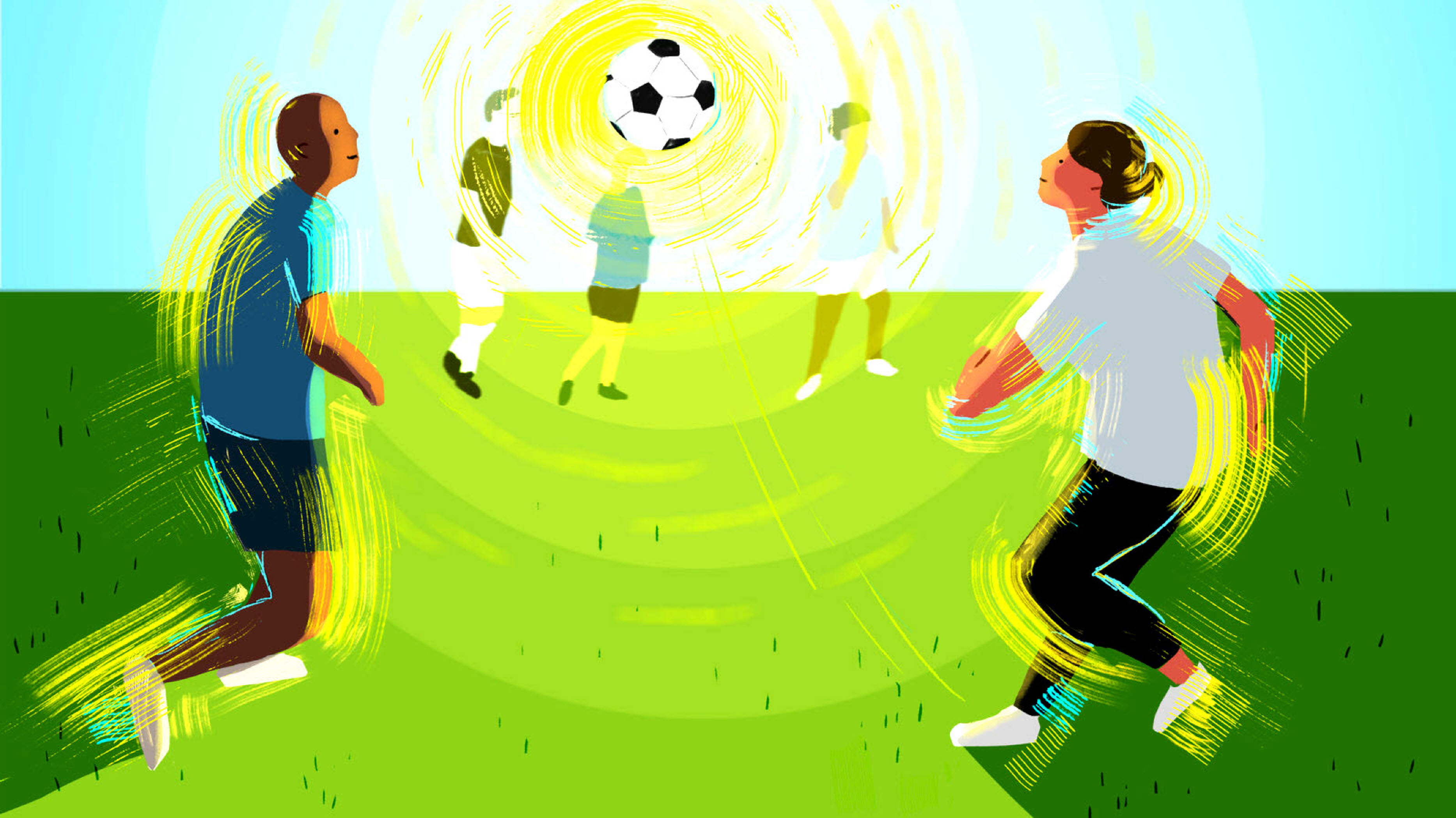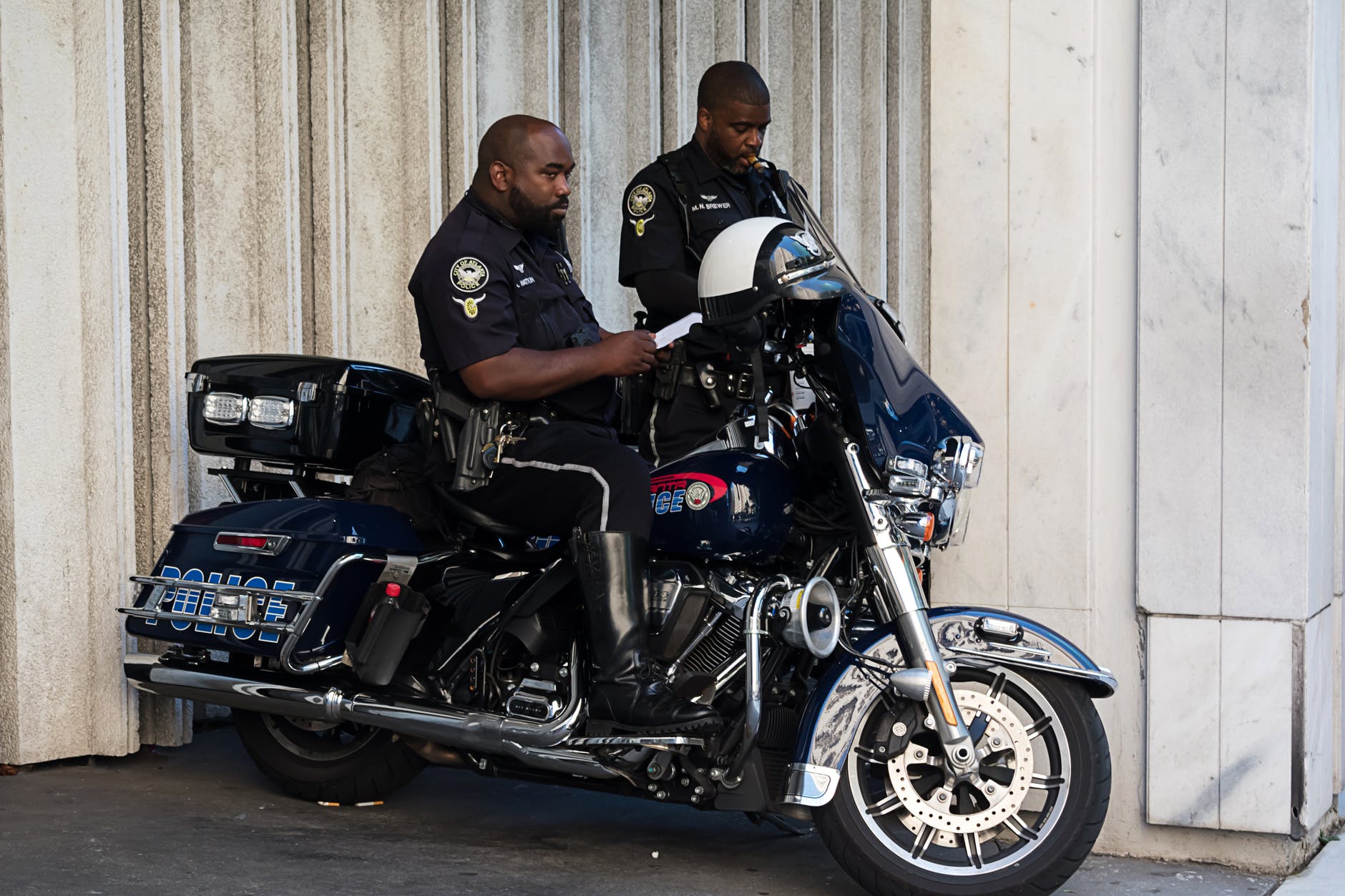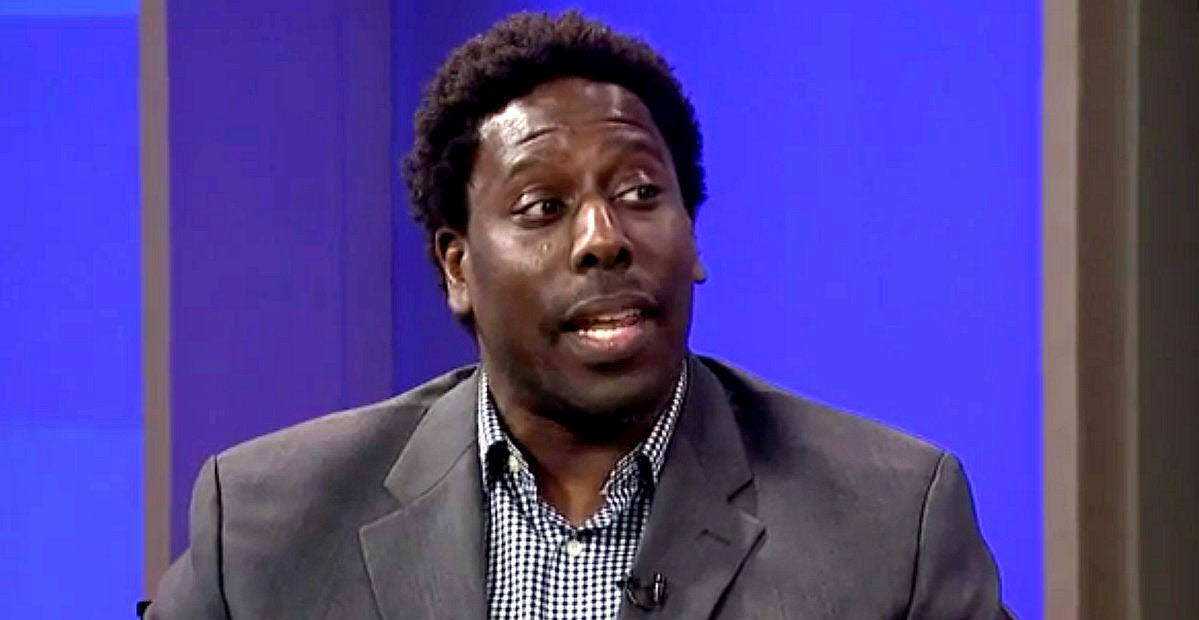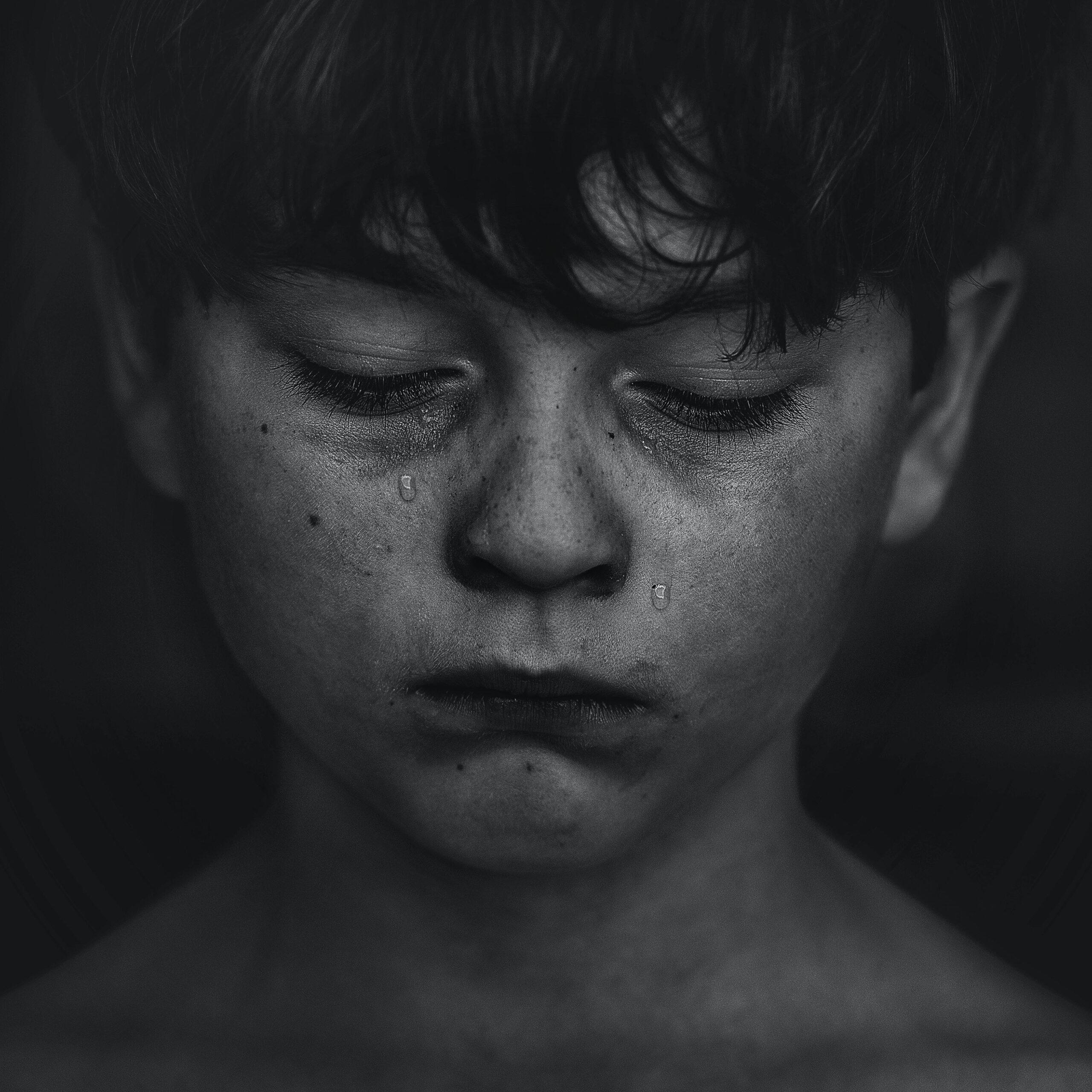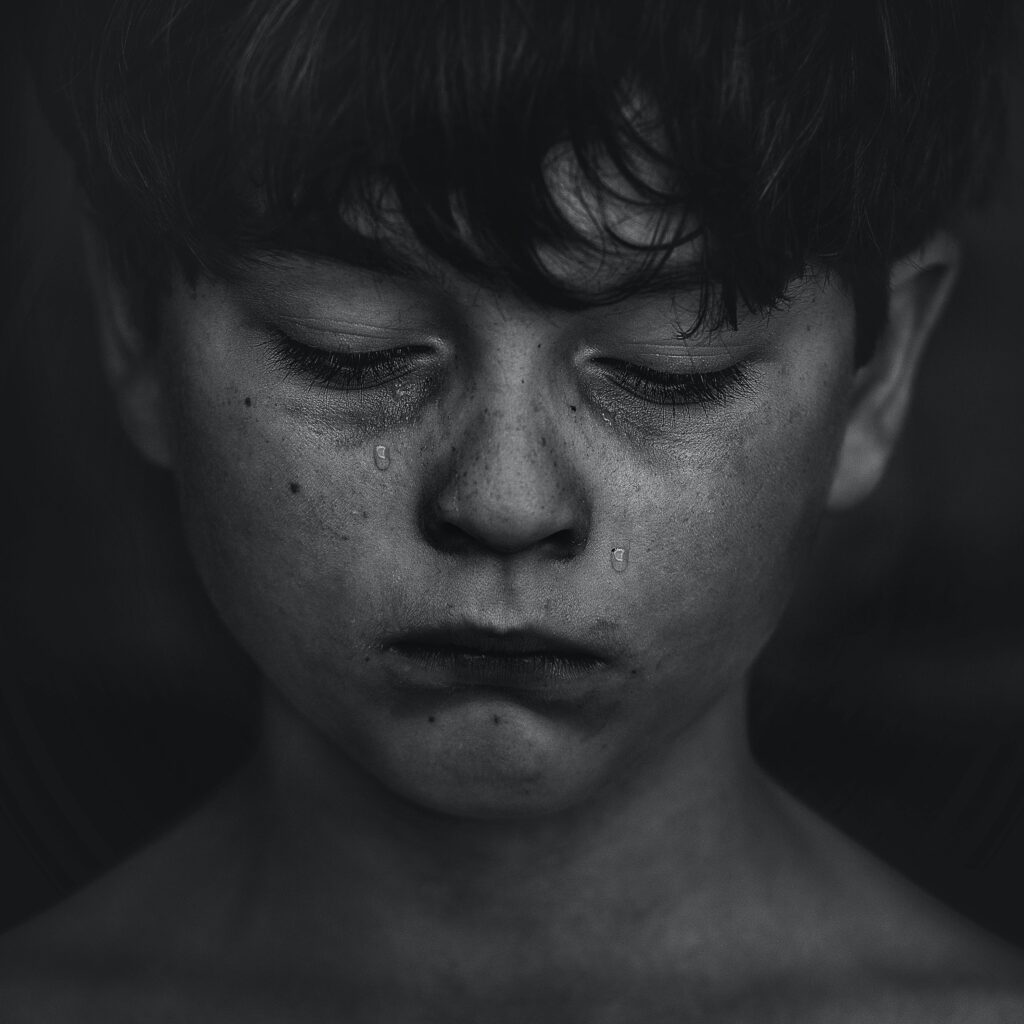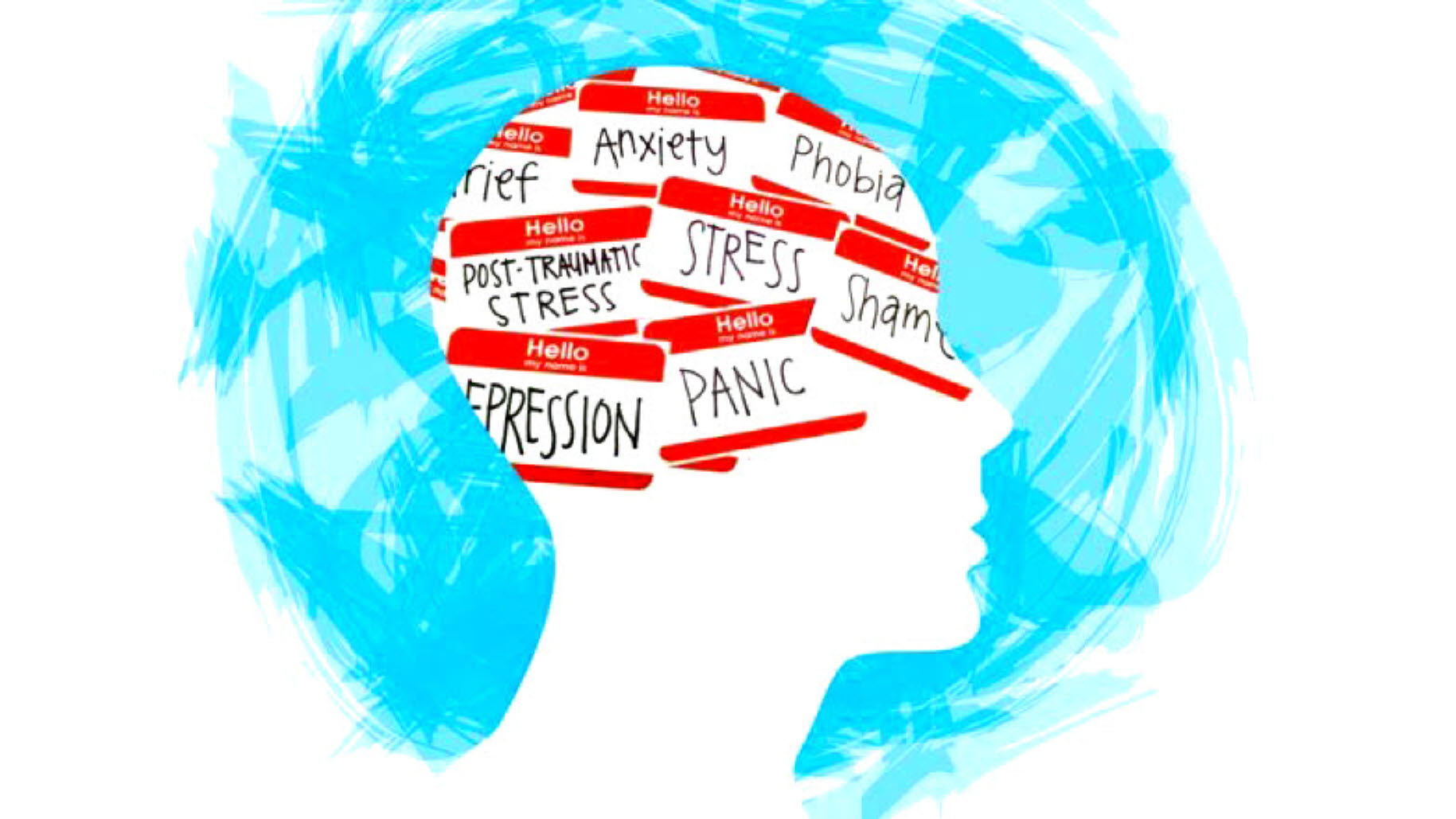
#SuicidalThoughts, Suicidal Ideas
By
Ashley Olivine, Ph.D., MPH
Medically reviewed by
Steven Gans, MD
Table of Contents
- Risk Factors
- Warning Signs
- Treatment
- Management & Prevention
- Frequently Asked Questions
#Suicideideation is thoughts, ideas, wishes, considerations, contemplations, or preoccupations relating to death and #suicide.1 It is sometimes referred to as #suicidalthoughts or #suicidalideas.
#Suicide is the second leading cause of death, after unintentional injury, among #Americans between the ages of 10 and 34 and in the top 10 leading causes among all ages. Nearly 5% of #adults, and nearly 12% of #adults between the ages of 18 and 25, have serious thoughts of #suicide.2
#Suicideideation is often connected to a major depressive episode, but not always. It can also be linked to other #mentalhealthdisorders, #substanceabuse, trauma, extended #grief, or compromised health.3
#SuicidePreventionHotline
If you are having #suicidalthoughts, contact the #NationalSuicidePreventionLifeline at 1-800-273-8255 for support and assistance from a trained #counselor. If you or a loved one are in immediate danger, call 911.
For more #mentalhealthresources, see our National Helpline Database.
Justin Case
What Is #Suicide?
#Suicide is death by oneself or the act of someone taking their own life.
Risk Factors
While #suicidalideation is most often associated with #depression or a major depressive episode, this is not always the case.3 People living with other #mentalhealthdisorders, such as #mooddisorders, and even people without #mentalhealthdisorders, can experience #suicidalideation. In addition, those with a #substanceabusedisorder, chronic illness, or experiencing #grief are also at an increased risk.
Friends and family members of people who have completed #suicide are at an increased risk of #suicidalideation. #Suicidecontagion is when exposure to #suicide or #suicidalbehavior in one's #socialnetwork, including friends, family members, and even media can result in increased thoughts of #suicide, as well as #suicidebehaviors including attempts and deaths.4
Genetics may play a role in the risk of #suicidalideation and #suicidalbehavior. #Mentalhealthconditions linked to #suicidalideation, such as #depression, run in families, so people with a family history of #mentalillness are at an increased risk of experiencing #suicidalideation themselves.5 However, some things can help reduce the risks, and family history does not mean a person will have #suicidalthoughts.
#SuicidalIdeation Risk Factors
Risk factors that make someone more prone to experience #suicidalideation include:
- Major depressive episode
- Other #mentalhealthdisorders such as #schizophrenia or #bipolardisorder
- #Substanceabuse
- Addiction
- Trauma
- Extended #grief
- Compromised physical health
- Chronic or terminal illness
- Chronic pain
- Past #suicideattempts
- Connection to someone who has died by #suicide
- Lack of a supportive community
- Disability
- Limited access to #healthcare
- Genetics
Warning Signs
Warning signs that someone is thinking about #suicide may be noticed by the people around them, including friends and family members. These warning signs may include talking about dying and other negative thoughts or they may be expressed through feelings of #hopelessness, being trapped, or #behavior changes.6
Signs To Look Out For
Signs that indicate that someone may be experiencing #suicidalideation include:
- Extreme mood swings
- Talking or thinking about wanting to kill themselves
- Talking or thinking about being a burden to others
- Sleeping excessively or not enough
- Changes in eating habits
- #Isolation and withdrawal
- Extreme guilt or shame
- Research related to death and ways to die
- Gifting important belongings
- Making a will
- Excessive risk taking, such as drinking and driving or using hard drugs
Treating #SuicidalIdeation
#Suicidalideation can be treated with medications or psychotherapy (talk therapy). Medications and psychotherapy can be used together. #Cognitivebehaviortherapy (#CBT) and #dialecticalbehavioraltherapy (#DBT) are the two most common types of psychotherapy used to prevent #suicide.7
Depending on the severity, medication and psychotherapy treatments may be provided through an appointment with a #healthcareprovider or at an in-#patient facility such as a hospital or #mentalhealth facility.
Choosing the Right #Therapist
A significant part of treating #suicidalideation is identifying and treating other #mentalhealthconditions that may occur with #suicideideation. For example, #suicideideation is more likely to occur in people living with #schizophrenia, #depression, and #bipolardisorder.
Certain medications have been shown to decrease the risk of #suicide. These include a medication called Clozaril (clozapine) that can be used to prevent #suicide among people living with #schizophrenia. Lithium, which is used in #bipolardisorder, and #antidepressants, can be used in people with #depression. In some instances, people with #suicidalideation may need to be hospitalized for their safety until the underlying condition is adequately treated.7
If you or a loved one are struggling with #depression or #suicidalideation, contact the #SubstanceAbuse and #MentalHealthServices Administration (SAMHSA) National Helpline at 1-800-662-4357 for information on support and treatment facilities in your area.
For more #mentalhealthresources, see our National Helpline Database.
Management & Prevention
In addition to psychotherapy and medications, there are other things that can be done to manage and prevent #suicidalideation and #suicide. Many lifestyle #behaviors impact #suiciderisk, including:8
- Relationships
- Addiction to the internet
- Nutrition
- Work #stress
- Activity level
- #Substanceuse
- Weight
It can be helpful to focus on developing and strengthening relationships with friends and family or members of a support group, seek treatment for internet and substance addictions, and maintain a healthy lifestyle to reduce these risks.
Specific lifestyle changes may include eating a healthy, well-balanced diet, managing #stress, and exercising. Activities such as yoga and meditation may also be helpful.
#James Donaldson notes:
Welcome to the “next chapter” of my life… being a voice and an advocate for #mentalhealthawarenessandsuicideprevention, especially pertaining to our younger generation of students and student-athletes.
Getting men to speak up and reach out for help and assistance is one of my passions. Us men need to not suffer in silence or drown our sorrows in alcohol, hang out at bars and strip joints, or get involved with drug use.
Having gone through a recent bout of #depression and #suicidalthoughts myself, I realize now, that I can make a huge difference in the lives of so many by sharing my story, and by sharing various resources I come across as I work in this space. #http://bit.ly/JamesMentalHealthArticle
Order your copy of James Donaldson's latest book,
Celebrating Your Gift of Life:
From The Verge of Suicide to a Life of Purpose and Joy
http://www.celebratingyourgiftoflife.com
Summary
#Suicidalideation, sometimes referred to as #suicidalthoughts or suicidal ideas, involves thoughts, ideas, wishes, considerations, contemplations, or preoccupations relating to death and #suicide.1 People living with #mentalhealthconditions, substance misuse, extreme #grief, and chronic illness are at an increased risk, but anyone can experience #suicidalideation.
Warning signs include changes in sleep or eating habits, extreme mood swings, talking about dying or being a burden to others, and isolation or withdrawal. These signs must be taken seriously by contacting a #healthcareprofessional or the #NationalSuicidePreventionLifeline at 1-800-273-8255 for support. #Suicidalideation can be treated, managed, and prevented with psychotherapy, medications, and lifestyle changes.
A Word From Verywell
#Suicidalideation can be scary, both for the person experiencing the #suicidalideation and those around them, including family and friends. It is important to remember that #suicidalideation can be treated. If you or someone you know is experiencing thoughts of #suicide or death, seek help immediately. It is possible to recover from #suicidalideation and go on to live a healthy, happy life.
FREQUENTLY ASKED QUESTIONS
- How is #suicidalideation officially diagnosed? If you are experiencing #suicidalideation, a #doctor or #mentalhealthprofessional such as a #psychiatrist or #psychologist will do an in-depth evaluation of your #mental and physical health to best determine what might be causing your #suicidalideation. The process may include a physical exam, a questionnaire, and a conversation with additional questions.
- Can certain medications cause #suicidalideations? An increase in #suicidalideation has been associated with several types of medications under certain rare circumstances. These include antidepressants and anticonvulsants.
- How can I help somebody having #suicidalideations? If you think someone may be having #suicidalthoughts and in danger or in need of immediate help, stay with them and contact a qualified #healthcareprofessional or call the #NationalSuicidePreventionLifeline at 1-800-273-8255 for support.
https://standingabovethecrowd.com/2022/06/jamesdonaldson-on-mentalhealth-how-to-manage-suicidalideation/




